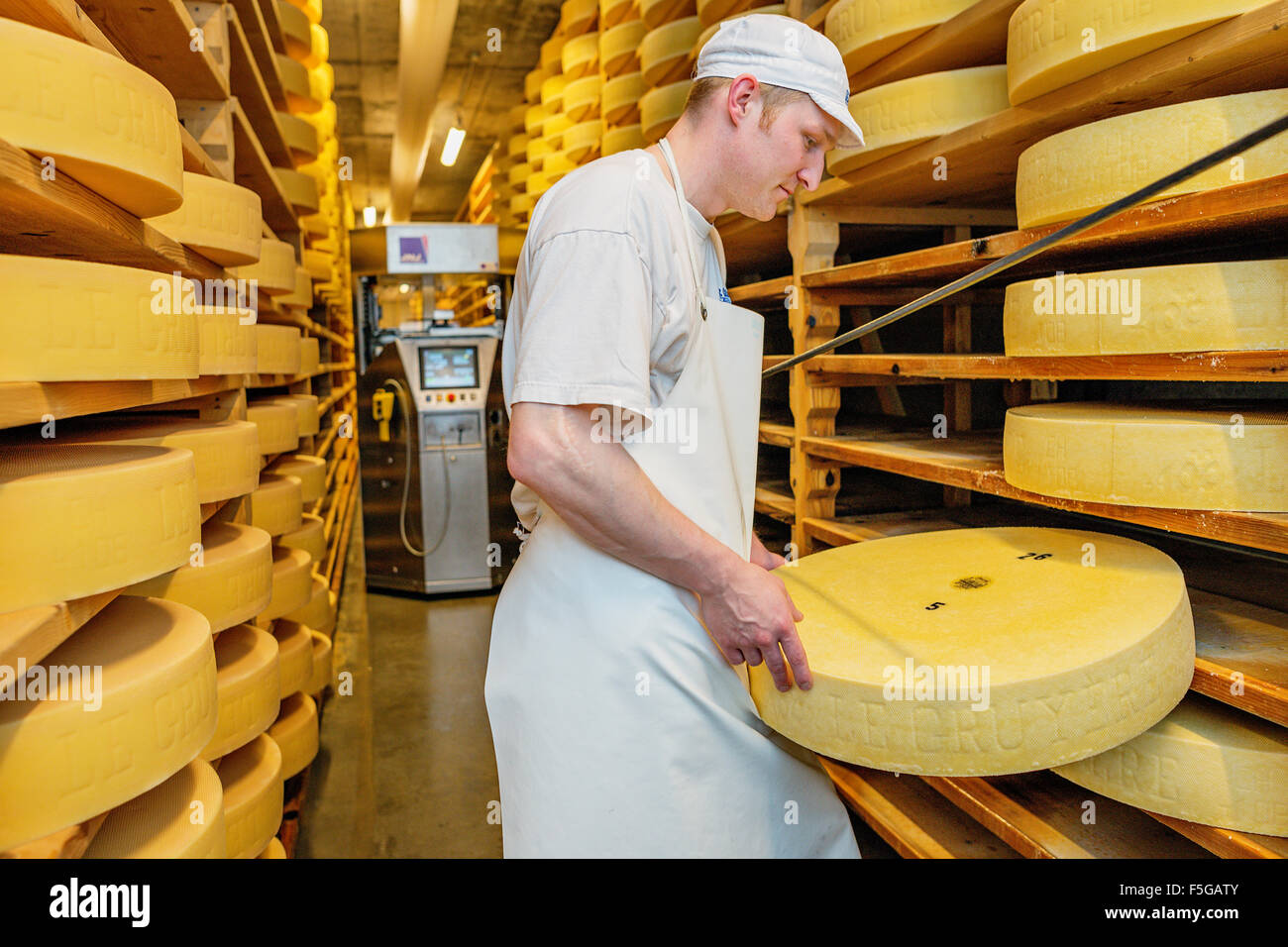Order Cheese for Sale Online Melbourne's Trusted Cheese Makers
Order Cheese for Sale Online Melbourne's Trusted Cheese Makers
Blog Article
An Extensive Look at Cheese Production: Components, Methods, and the Future of Craftsmen Cheeses
The elaborate procedure of cheese production is an interesting convergence of art and scientific research, where top notch milk, rennet, and certain microbial societies serve as foundational elements. As the market progressively focuses on sustainability and transparency, the future of artisan cheeses promises to mirror both heritage and progression.
Secret Ingredients in Cheese Manufacturing
A variety of essential ingredients play a crucial duty in cheese manufacturing, each adding to the last item's taste, structure, and character. The main active ingredient in cheese is milk, which can come from various sources, including cows, goats, and lamb - cheese for sale online. The kind of milk made use of considerably affects the cheese's taste and consistency; as an example, cow's milk typically produces creamier cheeses, while goat's milk often generates tangy varieties
One more vital component is rennet, an enzyme made use of to curdle the milk, separating it right into curds and whey. The source of rennet can be animal, veggie, or microbial, each passing on distinct characteristics to the cheese.
Salt not only boosts the flavor yet additionally works as a chemical, hindering the growth of unfavorable bacteria. In addition, numerous flavoring agents, such as herbs, seasonings, and even smoked timber, can be contributed to produce unique artisanal cheeses. Together, these ingredients develop the foundation of cheese production, setting the phase for varied and abundant cheese varieties.
Standard Cheese-Making Strategies
Making use of traditional cheese-making techniques, craftsmens around the globe maintain classic techniques that have been given with generations. These strategies typically emphasize the use of top quality, locally sourced milk, which is main to the distinct tastes and appearances of artisanal cheeses. The process typically starts with the mindful home heating of milk, followed by the enhancement of societies and rennet to help with coagulation.
Once the curds develop, they are cut, allowing whey to drain, a critical action that influences moisture content and appearance. Salting is a vital facet of this procedure, enhancing taste while additionally acting as a chemical.
Aging, or affinage, is another important part, throughout which cheeses develop their particular fragrances and preferences. Craftsmens might employ details maturing settings, utilizing humidity and temperature level controls to fine-tune the cheese's account. The dedication to these traditional techniques not only supports regional economic climates but additionally adds to the rich variety of cheese selections discovered worldwide, commemorating social click to read more heritage and artisanal workmanship.
Modern Advancements in Cheese Production
Exactly how have technical advancements changed cheese production in current years? The assimilation of modern technology has changed both the performance and quality of cheese manufacturing.
In addition, developments in microbiology have allowed cheesemakers to pick certain microbial cultures and enzymes, optimizing flavor profiles and enhancing life span. Using sensing unit innovation for keeping an eye on fermentation problems has actually additionally come to be common, permitting real-time modifications to preserve optimal atmospheres for cheese aging.

These developments not only enhance the high quality and my response sustainability of cheese manufacturing however likewise equip craftsmen producers to maintain conventional tastes while welcoming modern-day performance. As innovation proceeds to develop, the future of cheese production looks encouraging, blending practice with advancement.
The Function of Terroir in Cheese
In the world of cheese production, terroir plays a crucial function in specifying the unique attributes of various cheeses. Terroir, a French term commonly related to wine, incorporates the ecological variables that influence farming items, consisting of dirt structure, climate, and local flora and animals. In cheese-making, the unique qualities of the region where the milk is sourced can impart particular flavors and appearances to the end product.
As an example, the grazing problems of milk animals significantly impact the milk's make-up, affected by the types of grasses and natural herbs offered in a particular location. This differs not just between countries yet additionally in between areas within the very same country. Furthermore, the microbial areas existing in the setting add to the fermentation procedures, my website bring about diverse profiles in flavor and aroma.
Cheeses such as Roquefort, Parmigiano-Reggiano, and Cheddar exemplify just how terroir can shape their identities, making them distinct and commonly safeguarded by geographical signs. As producers significantly acknowledge the relevance of terroir, there is a growing emphasis on sourcing regional components and maintaining conventional techniques, making certain that each cheese really mirrors its origin.

Future Fads in Artisan Cheeses
A remarkable shift is occurring in the artisan cheese industry, driven by advancing customer preferences and technological developments. Progressively, consumers are moving toward distinct, high-grade products that highlight both sustainability and regional sourcing - cheese factory melbourne. This pattern is motivating artisan cheesemakers to innovate, concentrating on small-batch manufacturing and making use of conventional methods while integrating contemporary innovation to improve quality and security
Moreover, there is an expanding passion in plant-based and alternative milk products, pushing conventional cheesemakers to check out new opportunities, such as cashew or almond-based cheeses. This change not only deals with dietary limitations yet additionally straightens with environmental problems relating to pet agriculture.
Additionally, transparency in sourcing and production procedures is becoming paramount. Customers are much more educated and need traceability, triggering producers to embrace clearer labeling methods and involve in narration that highlights their methods and worths.
Final Thought
In conclusion, the intricate procedure of cheese manufacturing blends traditional techniques with modern innovations, resulting in a diverse variety of flavors and appearances. The focus on premium ingredients and the influence of terroir highlight the virtuosity associated with cheese manufacturing. As the market evolves, a concentrate on sustainability and openness will likely form the future of artisan cheeses, accommodating a significantly critical customer base that values authenticity and workmanship in milk products.
Report this page